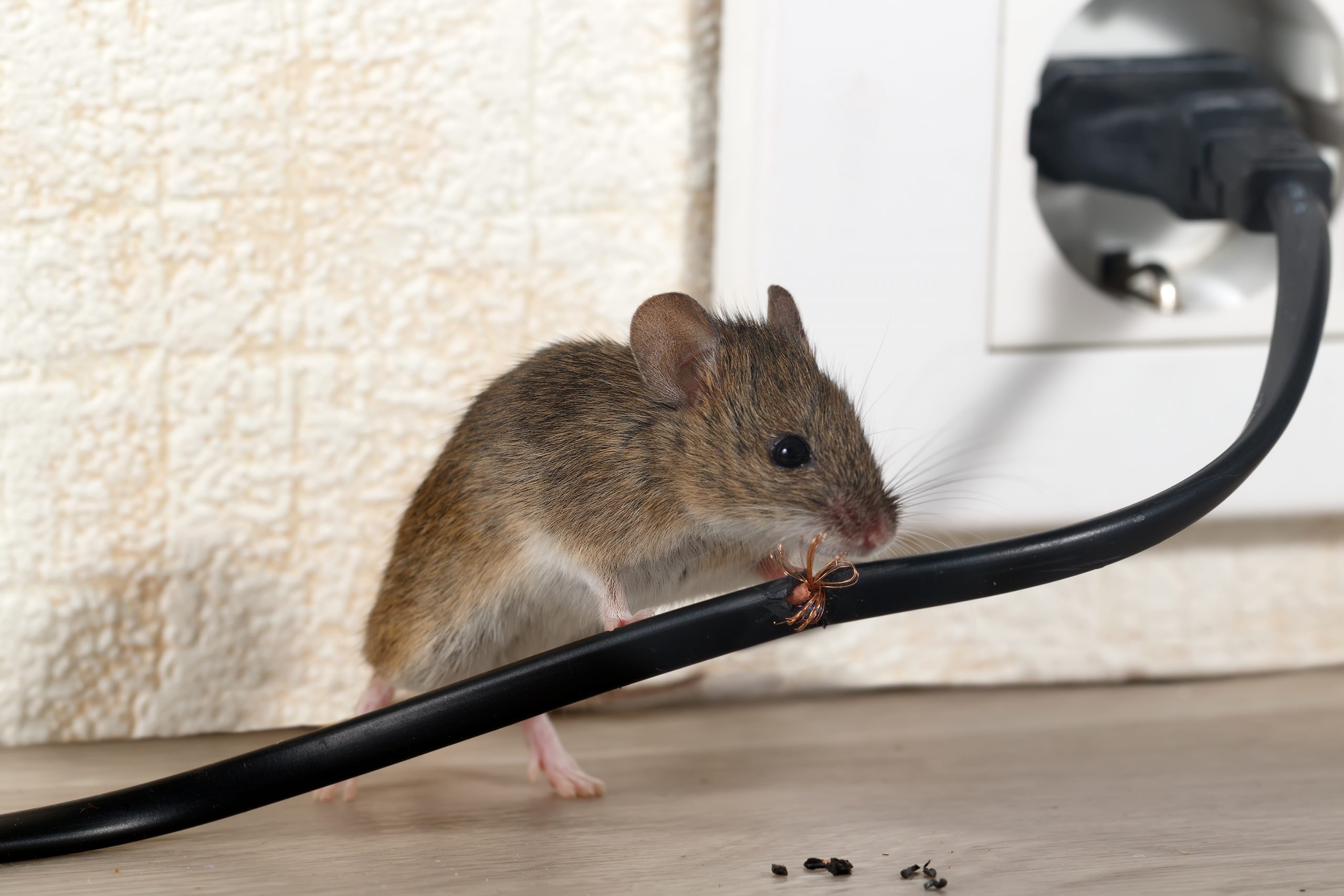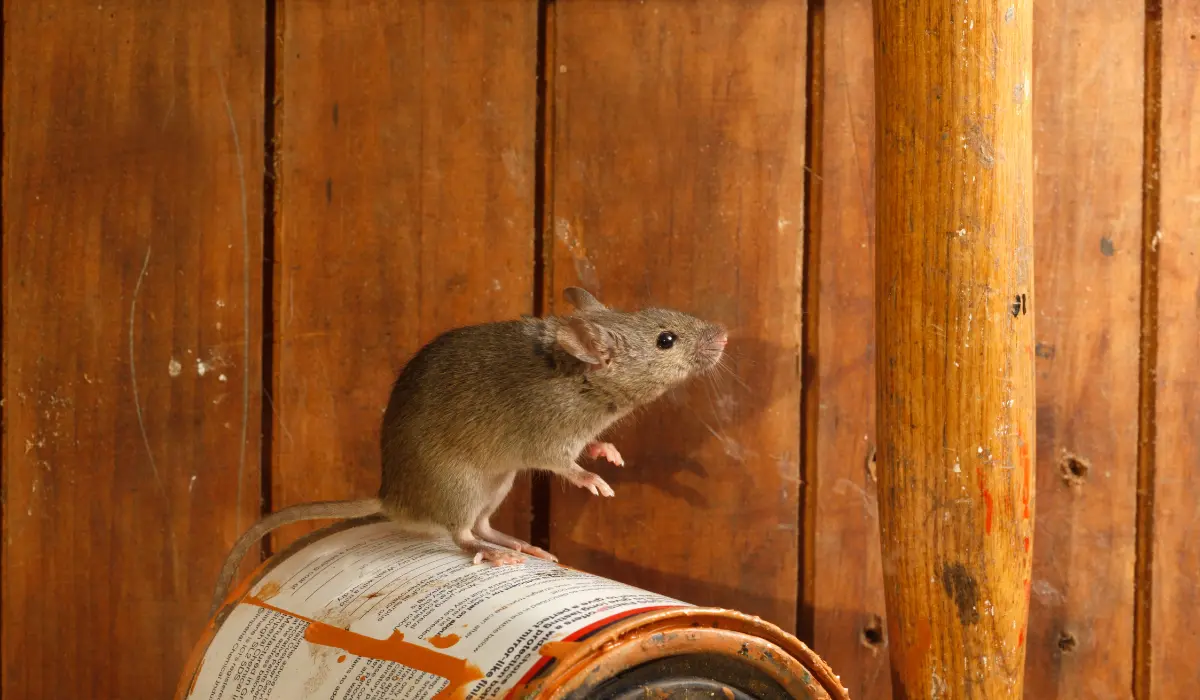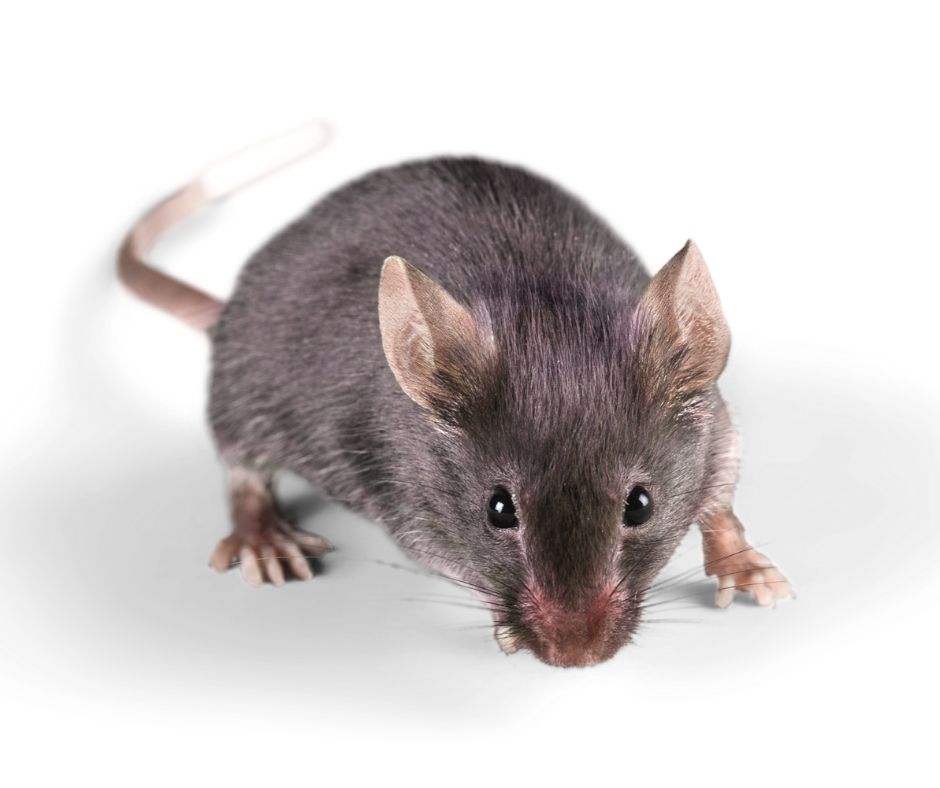Rodent Treatments in Florida:
Exterminator Services for Bonita Springs, Naples, and Marco Island
Florida’s inviting climate and abundant greenery make it a paradise for people looking to enjoy year-round sunshine. Unfortunately, these subtropical conditions also attract rodents such as rats and mice, which thrive in warm weather and take advantage of easily accessible food and shelter. Whether you reside in Bonita Springs, manage a property in Naples, or operate a business on Marco Island, it’s important to stay proactive about rodent control. This service page explores why rodents flourish in Florida, the telltale signs of an infestation, and how an experienced rodent exterminator can help safeguard your space. By applying focused prevention measures and targeted rodent treatments, you can maintain a healthier, more comfortable environment free of rats and mice.
Why Rodents Thrive in Florida

- Mild Winters
In colder climates, extended freezing temperatures naturally lessen rodent populations. Florida’s mild winters rarely reach these frigid extremes, allowing rodents to remain active throughout the year. With no significant seasonal break, rats and mice can reproduce repeatedly, making even a minor intrusion potentially escalate into a major infestation if left unaddressed. - High Humidity and Periodic Rainfall
Rodents seek consistent water sources, which Florida’s humid air and frequent showers provide. The state’s moisture-rich environment also sustains lush vegetation in yards and public spaces, giving rats and mice cover, nesting materials, and even extra food options. When heavy rains saturate the ground, rodents may migrate indoors for warmth and dryness. - Abundant Food Sources
From unsealed pet food containers to open refuse bins, numerous factors can entice rats and mice to settle in. In bustling coastal locales like Bonita Springs, Naples, and Marco Island—where outdoor dining and waterfront trash receptacles are common—rodents find ample feeding grounds. Without stringent garbage management or thorough cleaning, they’ll readily move indoors if they spot an easy meal. - Minimal Seasonal Dormancy
In northern states, harsh winters force rodents to slow reproduction for months on end. Florida’s subtropical weather rarely induces dormancy, so rodents continue breeding and foraging. With a constant food supply and stable temperatures, small rodent populations can explode if property owners remain unaware or unconcerned about early warning signs. - Development and Urban Expansion
Southwest Florida’s ongoing growth means more homes and businesses are built each year. Construction often displaces rodents from their usual habitats, pushing them into new or existing buildings if they find unsealed gaps or neglected exteriors. Meanwhile, older structures may have worn-out seals or cracks that create fresh entryways.
Common Rodents in Florida
- Roof Rats (Rattus rattus)
Agile climbers with slender bodies and tails longer than their heads and bodies, roof rats frequently access upper floors or attics by scaling vines, power lines, or external walls. They often inhabit coastal or suburban areas near fruit trees, palm fronds, and easily accessible attics. These rodents thrive in Florida’s mild, humid conditions. - Norway Rats (Rattus norvegicus)
Bulkier and shorter-tailed than roof rats, Norway rats prefer ground-level harborage—crawl spaces, basements, or burrows near foundations. Their robust gnawing capabilities let them pierce thin metal, plastic, or wood. Seaside restaurants or homes with unsealed drains can become prime targets for infiltration. - House Mice (Mus musculus)
Generally small and grayish-brown, house mice breed quickly and adapt to a broad range of living conditions. They nest in walls, behind appliances, or within storage rooms if they detect food crumbs and warm shelter. Because of their size, they easily squeeze through dime-sized holes around utility lines or baseboards. - Field Mice (Deer Mice)
More common in rural or semi-rural zones, field mice occasionally migrate into suburban properties for shelter. Their diet and breeding patterns mirror house mice, but they can be identified by a two-toned color pattern—often brownish on top and lighter underneath.
Regardless of species, a few rodents left to multiply indoors can quickly compromise your property’s cleanliness, structural integrity, and occupants’ peace of mind.
Red Flags of a Rodent Infestation
- Droppings
Both rats and mice leave droppings near feeding sites or along common travel paths. Mice produce small, rice-like pellets, while rat droppings appear larger and capsule-shaped. Fresh droppings tend to be dark and moist; older ones turn dull or crumbly. - Gnaw Marks
Rodents chew constantly to wear down their incisors. Wooden corners, plastic containers, even electrical wiring can display distinct bite marks or holes. Such damage is not just cosmetic; it can pose significant fire risks if rodents strip insulation off wires. - Scratching or Squeaking Noises
Rodents are nocturnal. If you hear faint squeaks, scuttling, or scraping inside walls or beneath floors at night, suspect unwelcome visitors. Tracking the location of these noises—be it attic corners or kitchen baseboards—helps an exterminator home in on rodent nesting sites. - Nests and Shredded Materials
Rats and mice create nests from shredded paper, fabric, insulation, or cardboard. They stash these in undisturbed areas (behind rarely moved boxes, in attic crawl spaces, or within garage shelving). Discovering such a nest underscores the need for immediate action. - Strange Pet Behavior
Dogs or cats might stare at or paw incessantly at cabinets, corners, or under furniture if they hear or smell rodents. Unexplained agitation in pets can be an early tip-off of rodent activity, prompting a thorough check.

Why Immediate Mice Treatments Matter
- Health Concerns
Rodents can taint food sources, spread bacteria or viruses, and carry parasites like fleas or ticks. Exposure to rodent droppings raises the risk of illnesses for individuals with compromised immune systems or respiratory vulnerabilities. - Rapid Breeding
A single pair of mice can generate multiple litters in a short span, quickly transforming a modest intrusion into a large-scale infestation. Once rodents settle indoors, each passing day offers them more opportunities to multiply. - Property Damage
From gnawing on structural wood to chewing wires, rodents can wreak havoc behind the scenes. Unnoticed or ongoing rodent activity can undermine walls or cause electrical faults. By intervening early, property owners limit repair bills. - Constant Disruption and Anxiety
The prospect of mice scurrying around—especially at night—disturbs residents’ comfort. People may avoid specific rooms or alter routines out of unease, underscoring the psychological toll that unresolved rodent infestations can impose.
Rodent Exterminator Services: A Multi-Step Plan
- Inspection and Analysis
A skilled exterminator first determines the extent of infestation, identifying species and confirming nesting zones. Attic corners, kitchen cabinets, garages, and basement crawl spaces often harbor droppings or nests. The exterminator also seeks out potential entry points along roofs, foundations, or wall gaps. - Sealing Entry Points
Because rodents can squeeze through remarkably small openings, blocking these gaps is paramount. Technicians might seal cracks with caulk, insert steel wool in holes, apply door sweeps, or fix damaged screens. This step prevents reinvasion once current rodents are removed. - Trap and Bait Placement
After identifying rodent travel routes, an exterminator positions traps—like snap traps or multi-catch devices—where droppings or gnaw marks cluster. Bait stations containing rodenticides can be set outdoors or in locked containers where children and pets cannot access them. Workers choose products mindful of Florida’s environment and your property layout. - Sanitation and Cleanup
If rodents have nested indoors, removing droppings and disinfecting those spots is essential. By storing food in sealed containers, discarding clutter, and promptly handling spills or trash, owners help deter rodents from returning. - Monitoring and Follow-Up
After initial removal, a follow-up ensures newly hatched rodents or any hidden survivors do not re-establish themselves. The exterminator checks traps, looks for fresh droppings, and adjusts the plan if activity persists.
Service Areas: Bonita Springs, Naples, and Marco Island
These rodent treatments serve properties in Bonita Springs, Naples, and Marco Island, addressing the local climate and unique building styles:
- Bonita Springs: A blend of coastal ambiance and suburban growth, Bonita Springs can attract rodents from wetlands or wooded sections near developments. Homeowners with easily accessed trash or open garages risk uninvited guests.
- Naples: Known for its upscale communities and busy hospitality scene, Naples offers rodents multiple feeding possibilities, whether from residential areas or commercial dumpsters. Restaurants, hotels, and offices must remain vigilant to preserve their reputations.
- Marco Island: As a major tourism spot featuring resorts, condos, and short-term rentals, Marco Island sees frequent occupant turnover. Rodents can slip inside when cleaning schedules or occupant transitions leave windows, patios, or storage spaces open.
A proactive approach in these communities ensures that rodents do not undermine health, comfort, or property values along Florida’s scenic Gulf Coast.

Why Choose Our Rodent Control Approach
- Florida-Tailored Solutions
Florida’s climate demands year-round readiness. Our team understands local rodent species, typical hideouts, and the frequent weather changes that push mice indoors. This expertise shapes an approach as fluid and dynamic as Florida’s environment. - Safe, Targeted Strategies
Using a combination of traps and tamper-resistant baits, we tackle rodents precisely where they dwell. We reduce risk to non-target animals or children by confining treatments to known rodent runways or enclosed stations. - Preventive Education
True relief comes not just from removing existing rodents, but from stopping new arrivals. The technician explains how daily habits—like disposing of trash properly, sealing leftover food, or sealing cracks around pipes—help keep mice and rats from returning. - Follow-Up Checks
Even a successful initial extermination may need a final sweep to confirm no new droppings or noise behind walls. This cautionary step is crucial in Florida, where rapid rodent breeding leaves little margin for error if a few survivors remain.
Next Steps
If you spot rodent droppings, gnaw marks, or hear nocturnal scratching in Bonita Springs, Naples, or Marco Island, act quickly. Contact us to learn more or schedule your service. Our exterminator team tackles mice infestations from the inside out, ensuring your property is sealed, sanitized, and cleared of hidden nests.
Swift intervention saves you from further property damage or the health risks posed by rodents carrying parasites or bacteria. By eliminating active infestations and blocking re-entry points, you secure your environment for family, customers, and pets. Turn to a blend of rigorous inspections, specialized baits, and consistent follow-up for comprehensive rodent solutions.
Maintaining a Rodent-Free Property in Florida
Florida’s mild weather, combined with bountiful resources, provides near-constant opportunities for rodents to thrive. Yet it’s entirely possible to keep them out by blending immediate removal with ongoing preventive steps. Once an infestation is resolved, property owners who remain mindful of cleanliness and building integrity can significantly reduce re-invasion chances.
Consider these suggestions for continued protection:
- Inspect your home regularly for new cracks or gaps, especially after storms or renovations.
- Control moisture by repairing leaks or improving drainage around foundations.
- Store food properly in sealed plastic or metal containers, and discard trash frequently.
- Organize clutter in garages, basements, and attics to expose fewer hidden nesting spots.
- Monitor for fresh droppings or suspicious sounds—catching new invasions early is far simpler than uprooting an established colony.
By combining these small changes with professional rodent management, you build an environment less welcoming to pests. That way, you can fully embrace the perks of Florida living—beaches, outdoor gatherings, and scenic neighborhoods—without the stress or hazards of unwelcome rodent neighbors.
